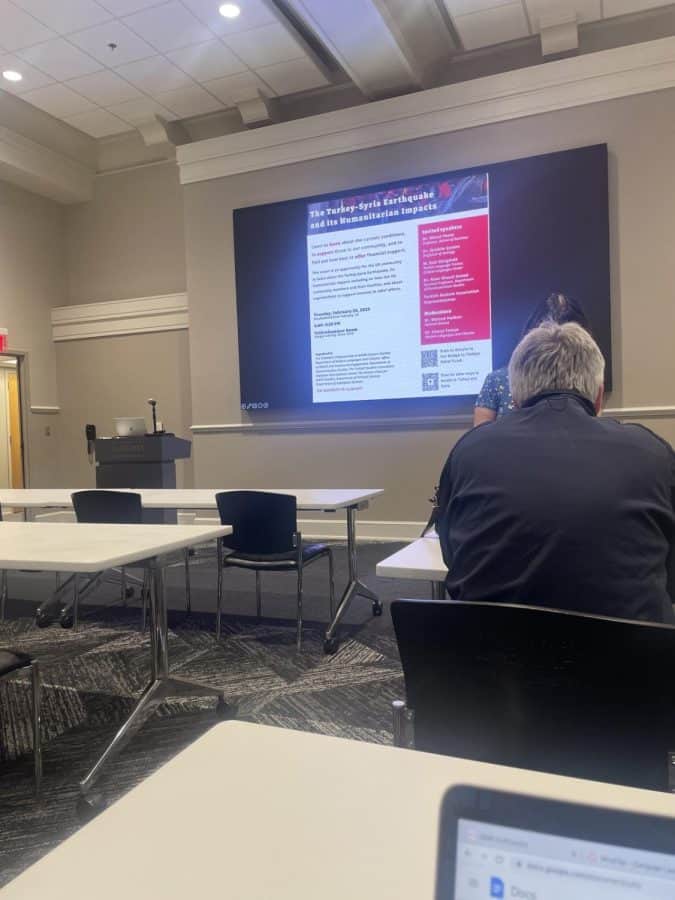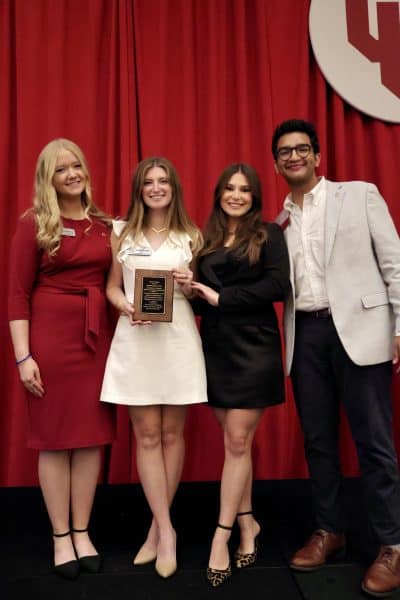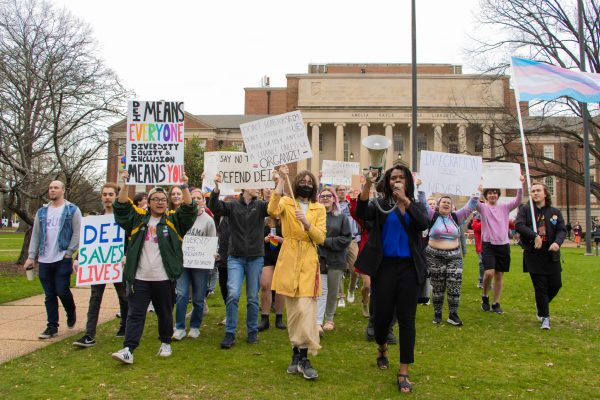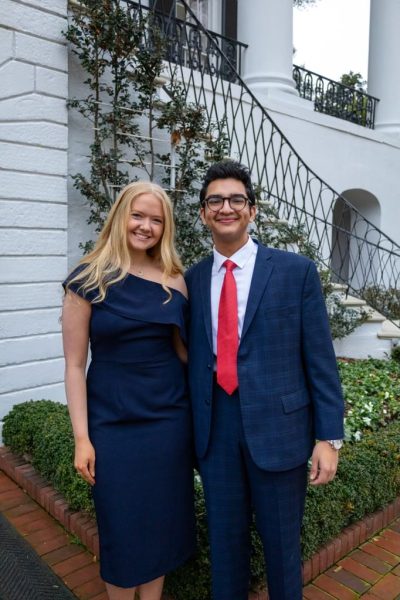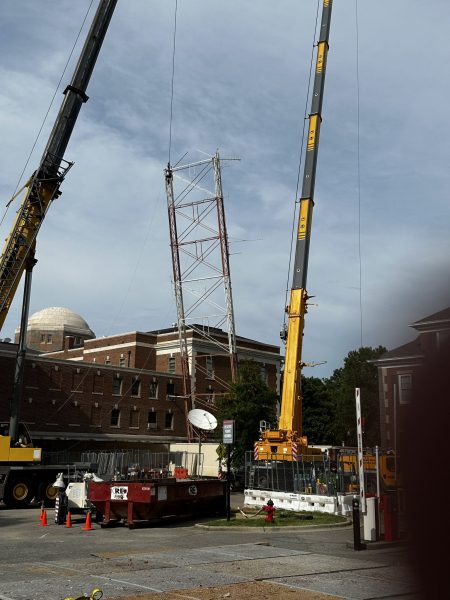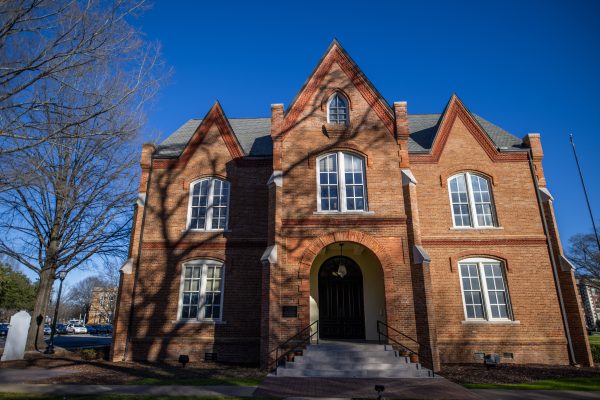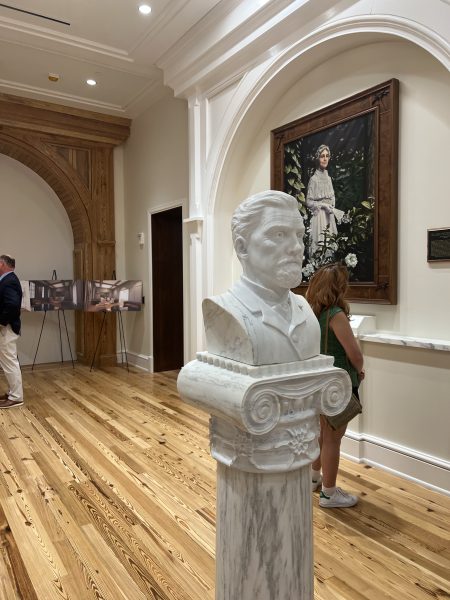Turkish members of UA community discuss impacts of earthquake
March 5, 2023
Members of the UA community who were impacted by the earthquakes occurring in Turkey and Syria met in Amelia Gayle Gorgas Library to discuss the emotional affects it had on them and their families. The event, put on by the Turkish Student Association, was originally supposed to happen on Feb. 16 but was postponed to Feb. 28 due to weather.
Since the initial 7.8 magnitude earthquake in the early hours of Feb. 3, there have been over 100 quakes in the area.
Zeki Güngördü, a Turkish language trainer at the UA Critical Language Center and UA graduate student, has family in Turkey. He was in the middle of writing his dissertation when he got a text in his family group chat regarding the earthquake.
“Everyone was crying,” Güngördu said. “In my hometown, most buildings collapsed. I lost 15 relatives, that’s as far as I know right now. We have to increase awareness. In 45 seconds people went from homed to homeless. [Having jobs] to jobless.”
Noor Ghazal Aswad, assistant professor of communication studies, is a daughter of Syrian immigrants with many family members still living in Syria. She discussed the differences in how Syria is handling the situation, as opposed to Turkey.
“Turkey is a country that is prone to earthquakes and also has a functional government, so level of preparedness of Turkey and Syria could not be further apart,” Aswad said. “Assad regime is an authoritarian government, which committed genocide to its own people. Bureaucracy manipulations of aid, and a lack of political will are among the factors hindering efforts.”
Aswad also mentioned that Syrian people should be seen beyond this crisis.
“There are some beautiful stories that still give us hope,” Aswad said. “We should not underestimate how important one life is if we can save that life.”
The event started with UA geology professor, Ibrahim Çemen, presenting information on earthquakes, how they occur and why scientists are unable to predict when they will hit.
“Turkey contains two of the world’s well-known active strike-slip fault zones, the North Anatolian [NAFZ] and East Anatolian Fault Zones [EAFZ],” Çemen said. The EAFZ joins the Dead Sea Fault Zone in southern Turkey.
Çemen was a geologist in Turkey when a 7.4 magnitude earthquake in Izmit, Turkey, in 1999 killed over 20,000 people. He compared that earthquake to the one that occurred in February.
Çemen described his experiences walking up and down the streets of Izmit and finding people buried under rubble and debris.
“That was the first time I smelt death,” Çemen said. “That’s not a very pleasant smell.”
Mesut Yavuz, associate professor for operations management and Turkey native, discussed the aid efforts of universities in Turkey. He said that they have had to cease education efforts, and instead are focusing on housing displaced people in dormitories.
Yavuz also mentioned the efforts done by the Tuscaloosa community to help aid Turkey and Syrian victims. Tuscaloosa small business, Aisha’s Hands, has raised $4,000 to send to victims from bake sales held the last two Saturdays at the Tuscaloosa River market.
“It is amazing people are getting together to help in this way,” Yavuz said. “It is just amazing how our little community in Tuscaloosa can get together and help.”

